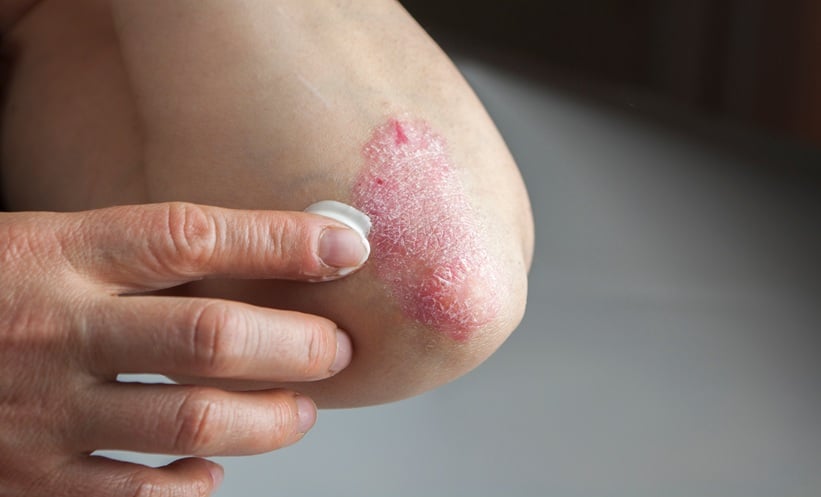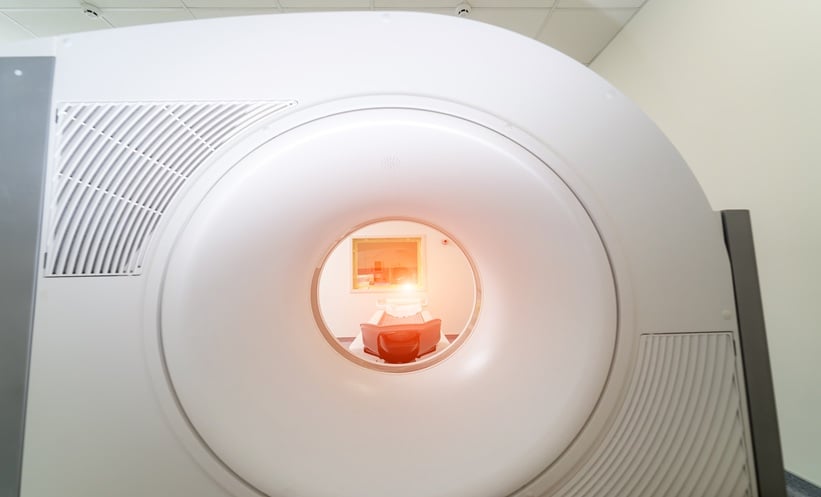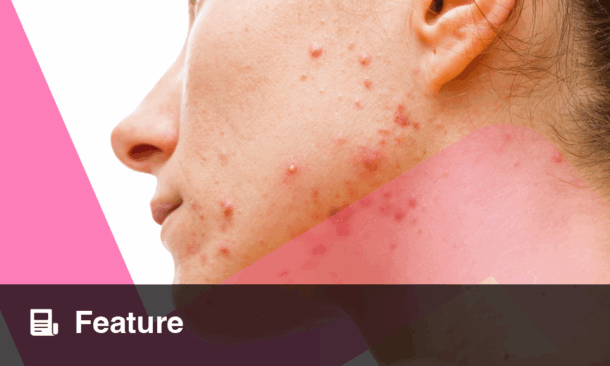SKIN-TO-SKIN contact, often referred to as kangaroo care, has been shown to play a crucial role in supporting the brain development of very preterm infants. New research highlights how this simple but powerful act goes beyond bonding, offering measurable benefits for neurological growth during a vulnerable stage of life.
Longer Skin-to-Skin Contact Sessions Enhance Brain Pathways
The study followed 88 infants born before 32 weeks, all of whom received daily skin-to-skin contact while in hospital. On average, each infant spent about 24 minutes per day in close physical contact, with sessions lasting around 70 minutes. MRI scans taken just before discharge revealed that infants who experienced longer and more consistent contact showed stronger development in white matter pathways, particularly those linked to attention, memory, and emotional regulation.
These benefits were especially evident in the cingulum and anterior thalamic radiations, both critical to stress response and social-emotional processing. Importantly, the findings held true even after accounting for socioeconomic factors, family visitation patterns, and cases with pre-existing white matter injury.
Implications for Preterm Care
Infants born prematurely face an increased risk of developmental challenges, but the study suggests that skin-to-skin contact could help mitigate some of these risks. The presence of consistent caregiving moments during hospitalisation appears to foster not only physical closeness but also neurological resilience.
For clinicians and parents, these findings underline the value of integrating skin-to-skin contact into daily care routines for preterm infants. While more research is needed to establish best practices, particularly across multiple centres, the current evidence strongly supports encouraging longer and more frequent sessions.
This growing body of research suggests that skin-to-skin contact is far more than an emotional experience; it is an intervention with tangible health benefits. For preterm infants, every moment of closeness contributes to building stronger, healthier brains – and potentially shaping long-term developmental outcomes.
Reference
Thaçi D et al. Systemic exposure and bioavailability of delgocitinib cream in adults with moderate to severe Chronic Hand Eczema. J Eur Acad Dermatol Venereol. 2025;39(9):1612-21.








